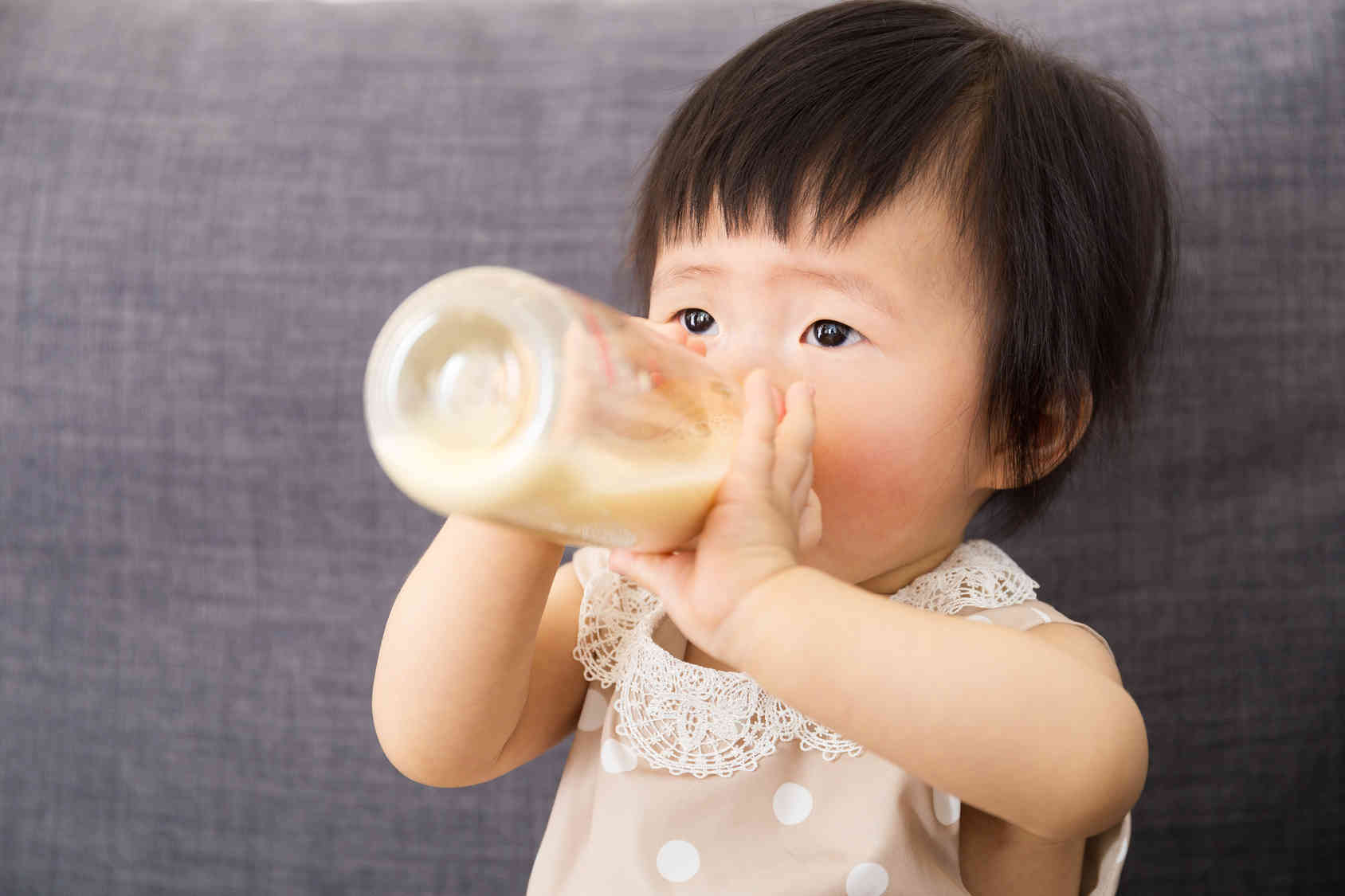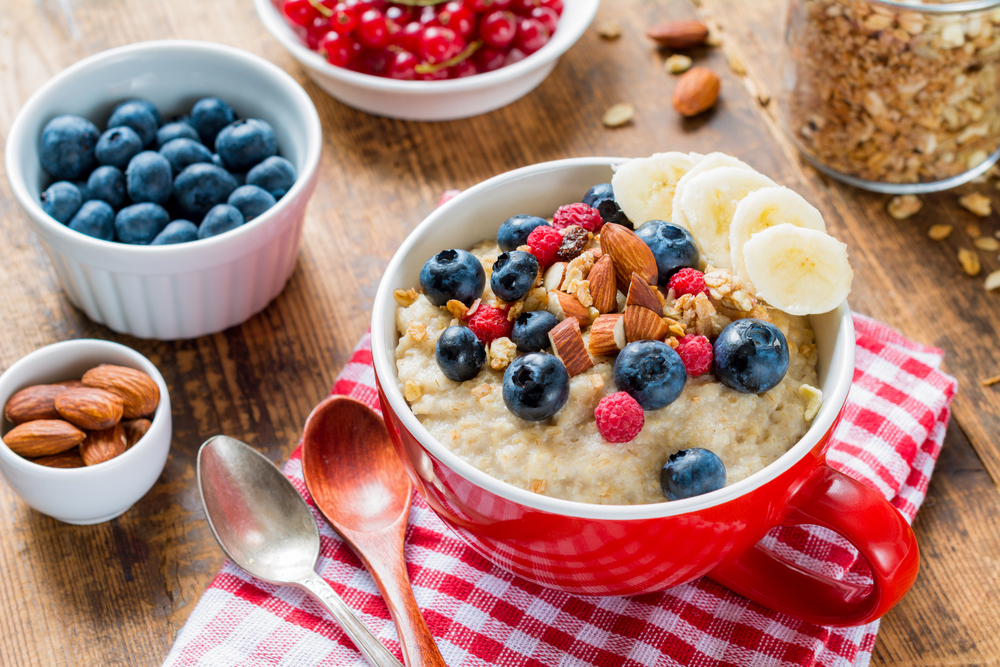Contents:
- Medical Video: Proper Feeding Techniques for Babies
- What types of formula milk are there?
- What formula is suitable for your baby?
- Do you need to sterilize formula milk bottles?
- How long can formula milk be stored in the refrigerator?
- How long can a bottle of formula be stored at room temperature?
- What about formula milk with the addition of DHA or ARA?
Medical Video: Proper Feeding Techniques for Babies
Formula milk is a nutritious alternative to breast milk (ASI). Although the best intake for babies is Breast Milk (ASI), sometimes breastfeeding is not recommended if the mother or baby has certain medical problems. Finally, giving formula milk can be an option to help baby development, especially newborn baby. More about formula milk
What types of formula milk are there?
There are many types of formula milk from various sources, forms and various brands. Some types of formula milk include:
- Formula milk from cow's milk. Most formula milk comes from cow's milk. Usually this formula contains protein, carbohydrates and fat in the right balance. The protein in formula milk has changed so that it makes it easier to digest.
- Formula milk from soy milk. This type of formula milk is made from soy milk. Usually, babies need this type of formula if the baby has temporary lactose intolerance due to a digestive infection, allergic to cow's milk associated with galactosemiaand congenital lactase deficiency.
- Lactose-free formula milk. This formula does not contain lactose (a sugar contained in milk) and is usually replaced with other types of sugar, such as corn syrup.
- Hypoallergenic formula milk. This formula contains protein that has been broken down into smaller forms so that it is more easily digested by the baby. Generally, babies who need this type of formula milk are babies who have milk protein allergy or who have problems absorbing nutrients (usually premature baby).
What formula is suitable for your baby?
The number of brands of formula milk on the market might make you confused, which formula milk fits your baby. Consult your baby doctor about which brand of formula milk best suits your baby's needs.
If your baby does not have allergies or does not have problems digesting milk, you can give formula milk made from cow's milk. However, if your baby has lactose intolerance or allergic to milk protein, you are better advised to give lactose-free formula, soy formula, or hypoallergenic formula for your baby.
Do you need to sterilize formula milk bottles?
Before the first use, you must sterilize pacifiers and bottles in boiling water for five minutes. You can also sterilize it in the microwave.
After that, you don't need to sterilize the milk bottle every time you give your baby formula milk. You only need to wash the bottles and pacifiers with hot water and soap after each use. Because the unclean milk bottles can transmit bacteria.
How long can formula milk be stored in the refrigerator?
Store your baby formula in the refrigerator to prevent bacteria from growing. Formula milk should not be given to your baby and thrown away, if you have stored formula for 24 hours in the refrigerator and have been opened within 48 hours.
How long can a bottle of formula be stored at room temperature?
Baby formula milk which is left in room temperature can only last for one hour. If it has been left for more than one hour, you should not give it to your baby again.
In addition, if your baby leaves a portion of formula or does not consume it, you should just throw away the rest. This is because there is a possibility that the bacteria have contaminated the formula and may make your child sick.
What about formula milk with the addition of DHA or ARA?
DHA (docosahexaenoic acid) and ARA (arachidonic acid) are ingredients that can be found in some infant formulas, but not in all types of products.
DHA and ARA are fatty acid polyunsaturated which may be related to brain and nerve development and can be found naturally in fish oil and eggs. Fatty acids are also found in breast milk. Several studies have shown that infant formula milk supplemented with DHA and ARA is useful for the development of vision and cognitive function of a child's brain.












